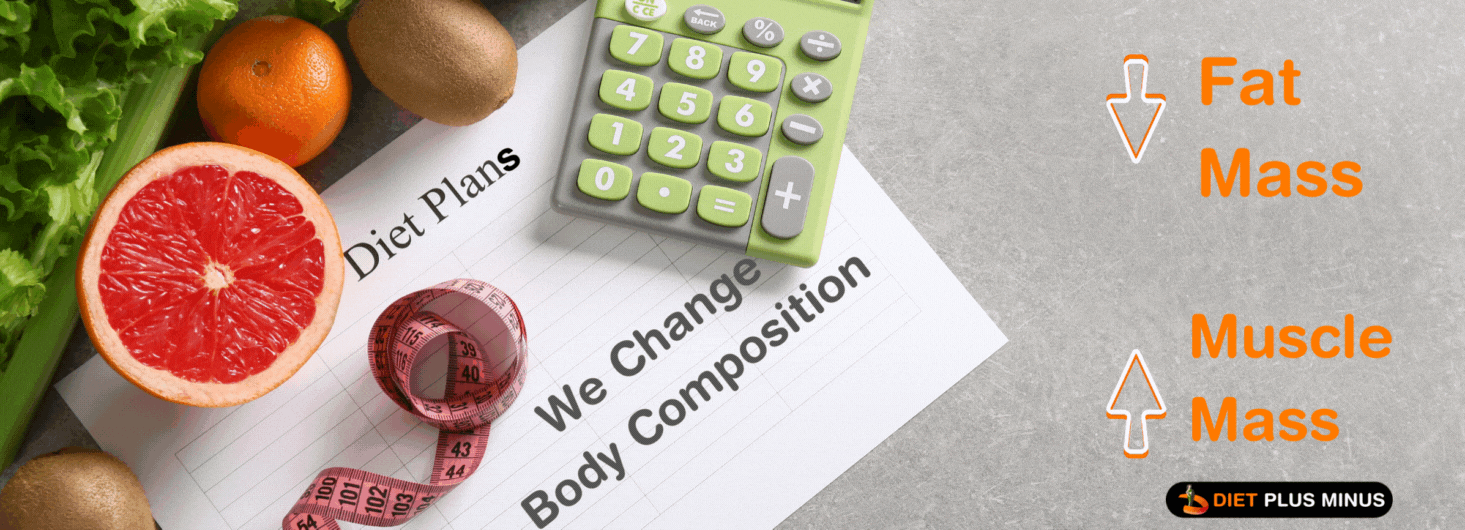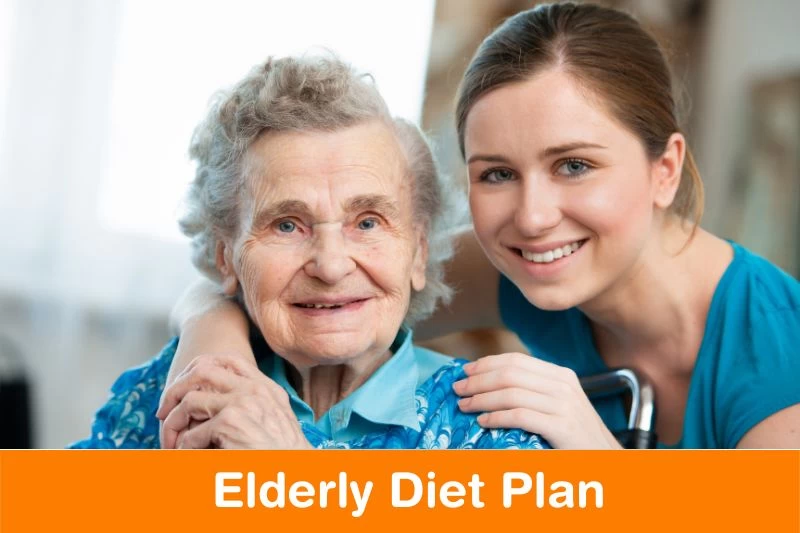


I. Introduction to the Importance of a Healthy Diet for the Elderly
Older adults need a balanced diet to stay healthy. It supplies energy, strength, and disease prevention nutrients. Fruits, vegetables, whole grains, lean proteins, and healthy fats promote healthy ageing and reduce the risk of chronic diseases like heart disease, osteoporosis, and cognitive decline. Older adults can improve their health and quality of life by eating well.
Nutrition maintains health, vitality, and well-being. It supplies vitamins, minerals, and nutrients for optimal body function. Healthy eating supports metabolism, immune system function, and tissue repair. Adequate nutrition boosts energy, cognition, and weight, lowering chronic disease risk and extending lifespan. Nutrition improves life quality and well-being.
The best dietician in Delhi and Dwarka for elderly nutrition is Dr. Pankaj Kumar. He provides personalised dietary advice for older adults using his expertise and experience. Dr. Kumar understands the nutritional needs and challenges of the elderly and tailors his approach to support their health and well-being. Dr. Kumar's compassionate care and evidence-based strategies help older adults optimise nutrition, vitality, and quality of life.
II. Nutritional Needs of the Elderly and Dietary Management
Age-related nutritional changes require attention and adaptation. Ageing causes appetite loss, metabolism changes, and nutrient deficiencies. Protein, calcium, vitamin D, and fibre are needed for bone health, muscle strength, and digestion. Chronic conditions like hypertension and diabetes may require dietary changes for older adults. Healthy ageing and preventing age-related health issues require understanding and meeting these changing nutritional needs.
Elderly people need customised diets to meet their nutritional needs and stay healthy. Medical conditions, medications, and personal preferences can affect diet. Customised diets can address malnutrition, chronic conditions, and ageing. Elderly people can live healthier and happier lives by focusing on tailored dietary management to improve well-being, nutrient intake, and risk of complications.
Due to reduced appetite, difficulty chewing and swallowing, and limited access to nutritious foods, elderly people may struggle to meet nutritional needs. Nutrient-dense foods, spices, and purees can help overcome these issues. Meal planning, family involvement, and dietician advice from Dr. Pankaj Kumar can help elderly people get enough nutrition.
Dr. Pankaj Kumar specialises in elderly dietary plans. He provides customised solutions based on his knowledge of their nutritional needs and challenges. Dr. Kumar prioritises nutrient intake, chronic disease management, and overall health. He can help seniors create a diet that meets their needs and improves their quality of life.
III. Key Components of an Elderly Diet Plan
A healthy elderly diet relies on macronutrients and micronutrients. Muscle repair requires adequate protein intake. Energy and fibre come from complex carbohydrates. Healthy fats aid brain and nutrient absorption. Vitamins and minerals support immune, bone, and cognitive health. Elderly people can stay healthy and vital by eating a well-balanced diet.
Fruits, vegetables, lean proteins, and healthy fats are essential for seniors. Whole foods supply vitamins, minerals, fibre, and antioxidants. Lean proteins build muscle and vitamins, minerals, and phytochemicals come from fruits and vegetables. Avocados and nuts contain heart- and brain-healthy fats. Seniors can eat well by prioritising these nutritious foods.
The elderly need portion control, hydration, and fibre. Portion control controls weight and overeating. Hydration aids digestion, circulation, and body functions. Fibre promotes regularity, gut health, and constipation prevention. These factors can help elderly people optimise their nutrition and well-being.
Dr. Pankaj Kumar has extensive experience creating elderly-specific diet plans. He tailors nutritional advice to the elderly based on his knowledge of their needs. Dr. Kumar emphasises nutrient-dense foods, chronic disease management, and individual preferences and restrictions. His expertise helps elderly people live healthier and happier through individualised dietary advice.
IV. Lifestyle Factors and Dietary Recommendations for Elderly Health
Elderly people need enough sleep, exercise, and stress management. Physical activity maintains cardiovascular, muscle, and flexibility. Sleep boosts immunity, cognition, and vitality. Stress management improves mental health and quality of life. By prioritising these lifestyle factors, seniors can improve their physical and mental health and live a more active and fulfilling life.
To eat well, seniors must plan their meals. Breakfast options like whole-grain cereals, fruits, and yoghurt are healthy. Lunch and dinner should include lean proteins like grilled chicken or fish, whole grains, and a variety of vegetables. Nuts, seeds, and fresh fruit are healthy snacks that maintain energy throughout the day. Dr. Pankaj Kumar can help seniors create customised meal plans to meet their dietary needs.
Mindful eating helps manage weight and chronic conditions. Whole, unprocessed foods, portion control, and balanced macronutrients help manage weight. Reducing sodium and sugar, increasing fibre, and eating specific foods for chronic conditions are important. Dr. Pankaj Kumar's advice helps people lose weight and manage chronic conditions through diet.
Dr. Pankaj Kumar advises seniors on diet management. He provides individualised geriatric nutrition advice based on his extensive experience. Dr. Kumar optimises nutrition, addresses dietary concerns, and promotes well-being. His compassionate care and expertise empower elderly people to make informed choices and achieve optimal health through dietary management.